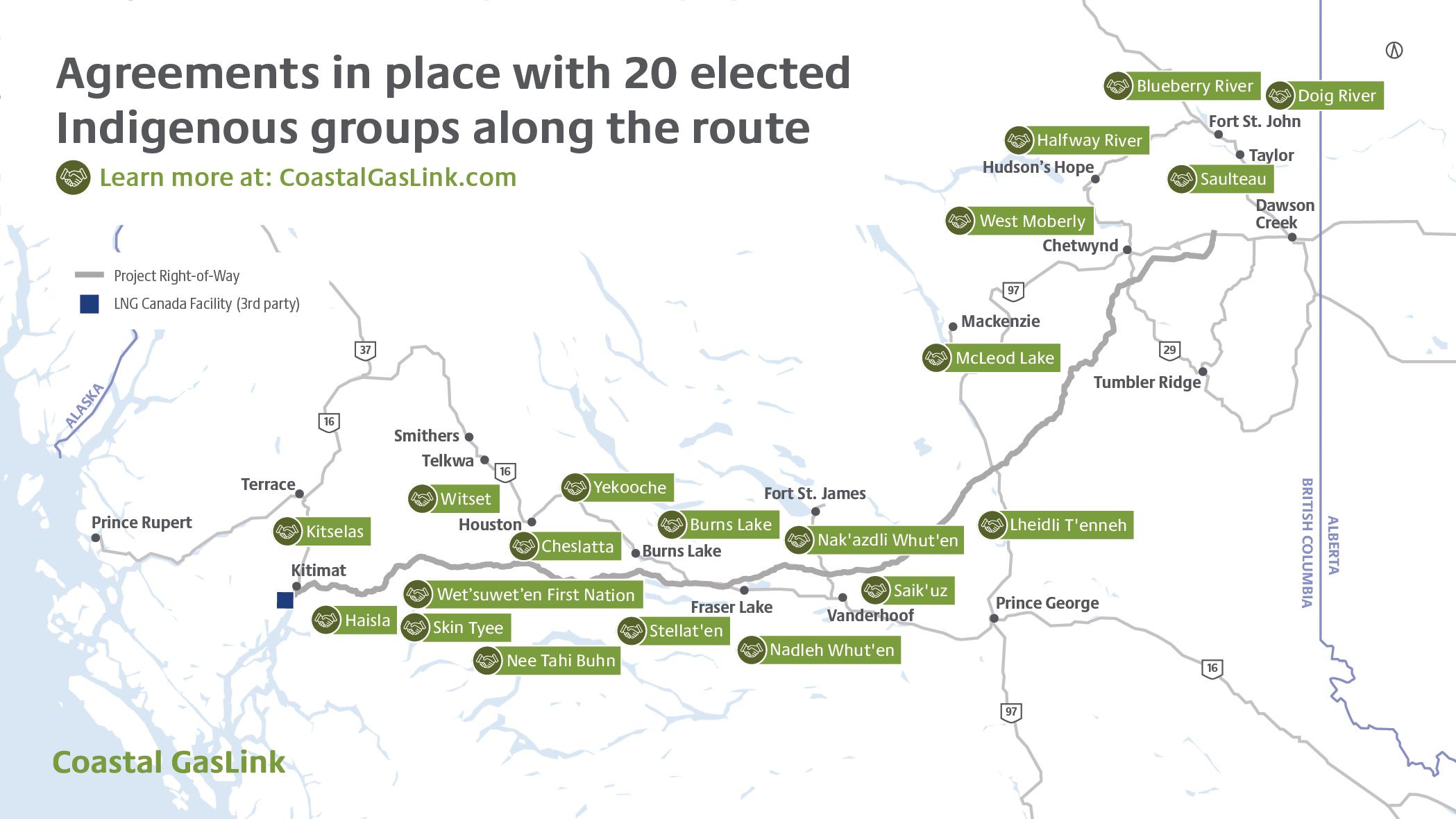Indigenous relations
Long-term benefits
We value the culture, lands and traditions of Indigenous groups. That’s why our team continues to work closely with First Nations communities throughout the life of the project. We're proud to have awarded more than $1.7 billion in contracting opportunities to Indigenous and local communities, and have signed project agreements with all 20 elected First Nations governments along the approved route. In March 2022 we announced that TC Energy signed option agreements to sell a 10 per cent equity interest in Coastal GasLink to Indigenous communities along the project route. This historic opportunity is an important step on the path to true partnership through equity ownership in the Project. .
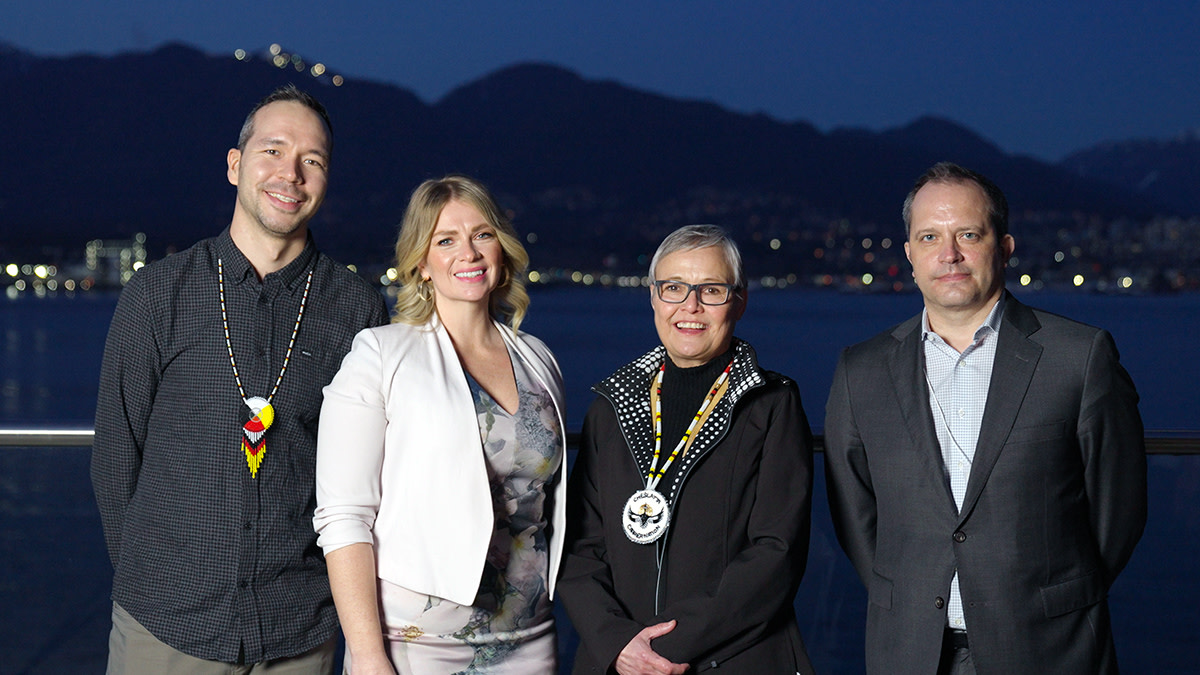
Through engagement, we’re able to ensure communities benefit directly from our project. The agreements demonstrate that Indigenous groups can enjoy their heritage and way of life while participating in economic benefits from Coastal GasLink, and also achieve balance with protecting our environment. Our team has signed agreements with all 20 elected First Nations governments along the route including: Stellat’en First Nation, Saik’uz First Nation, McLeod Lake Indian Band, Saulteau First Nations, Kitselas First Nation, West Moberly First Nations, Lheidli T’enneh First Nation, Nadleh Whut’en Indian Band, Burns Lake Indian Band (Ts’il Kaz Koh First Nation), Blueberry River First Nations, Halfway River First Nation, Doig River First Nation, Wet’suwet’en First Nation, Cheslatta Carrier Nation, Yekooche First Nation, Nee Tahi Buhn Indian Band, Skin Tyee First Nation, Witset First Nation, Nak’azdli Whut’en and Haisla Nation.
We’ve also invested in a variety of training programs to support Indigenous and local trainees and students. These include the Pathway to Pipeline Readiness Program and Education Legacy Program.
For more information on consultations reports submitted to the BC Environmental Assessment Office:
Quick fact
7,200. That's how many pages we submitted to the BC Environmental Assessment Office protection plans on Coastal GasLink.
Power in partnership
Indigenous participation is a core component of Coastal GasLink’s extraordinary legacy. To date, more than one-third of all the work completed on the project has been conducted by Indigenous people. There are currently six Indigenous collaborations with contractors that are responsible for major pipeline construction along the route. These collaborations leverage each Nations's deep knowledge and commitment to the land while providing significant opportunities for local Indigenous participation in the region.
Since we announced the project in June 2012, our team has had over 15,000 interactions and engagements with Indigenous groups. Through these engagements, we’re able to listen to their views, incorporate their feedback where possible, and care for sensitive landscapes and culturally and historically significant areas along the route. It’s essential these areas are identified, respected and protected, so the project can be designed, constructed and operated in a safe and environmentally responsible way.
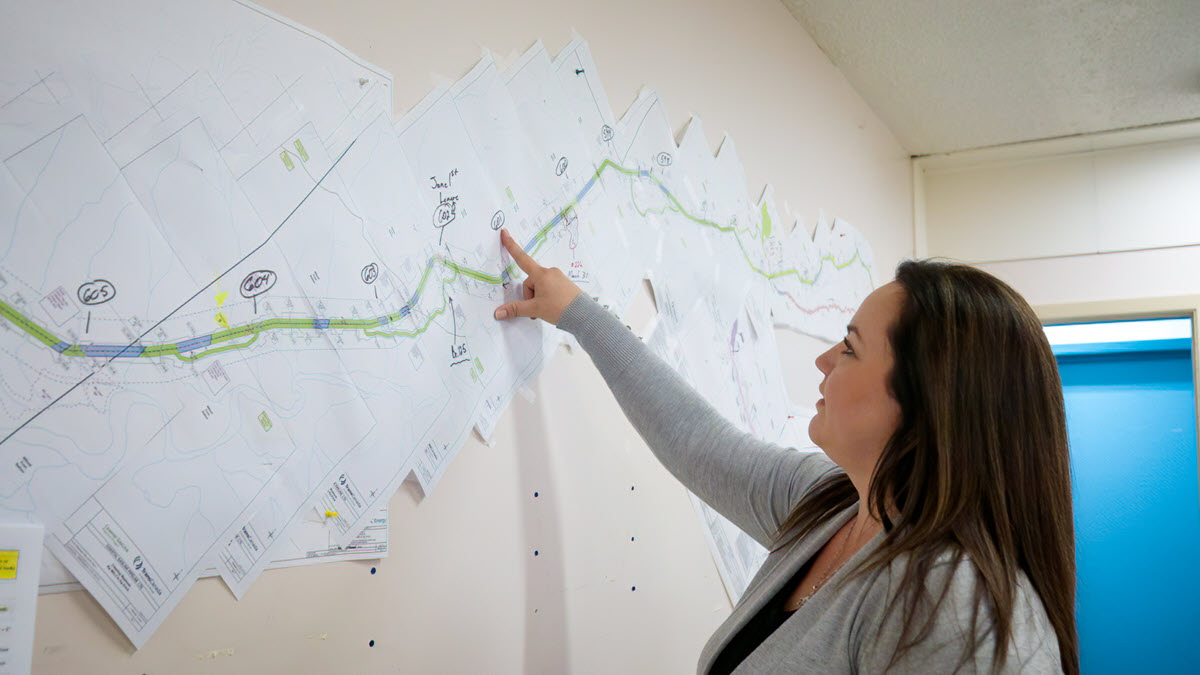
Even after project construction and completion, we’ll remain engaged with communities to ensure the lines of communication stay open. Our collaborative approach with First Nations communities has also resulted in us investigating alternate routes to address some of the input we received. These productive, two-way conversations with all Indigenous groups have resulted in many changes to the project.
Engagement milestones
Indigenous businesses
$825 million in contracts awarded to Indigenous & local businesses to date for the project’s right-of-way clearing, medical, security and camp management needs to date.
Employment Opportunities
$1 billion in employment and contract opportunities for local and Indigenous communities.
Project agreements
The 20 signed project agreements reflect that many First Nations support responsible development, and growth that translates into real opportunities.
Training programs
Invested in a variety of training programs to support Indigenous and local trainees and students such as Pathway to Pipeline Readiness Program and Education Legacy program.
Community investment
Coastal GasLink has already spent $60 million locally in Northern BC, including $3 million on community investment initiatives, education and training initiatives. During construction and operation, the benefits to BC will grow significantly.
Collaborative approach
Our collaborative approach with First Nations communities has resulted in us investigating alternate routes to address some of the input we received. These productive, two-way conversations with all Indigenous groups have resulted in many changes to the project.
Additional milestones
- To date, the Coastal GasLink team has had over 15,000 interactions and engagements with Indigenous communities along the proposed pipeline route, and over one-third of all the work completed on the project has been conducted by Indigenous people.
- We have engaged directly with Hereditary Chiefs since the project began, with many of those leaders already seeing project benefits for their communities. Benefits include training and employment opportunities, contracting opportunities and substantial financial payments directed to the advancement of heritage, cultural, and traditional language priorities deemed important by the Wet’suwet’en Hereditary Chiefs and Wet’suwet’en community leaders.
- Coastal GasLink initiated consultation with the Office of the Wet’suwet’en Hereditary Chiefs in June 2012 by providing formal notification of the proposed project. Since then, Coastal GasLink has engaged in a wide range of consultation activities with Office of the Wet’suwet’en Hereditary Chiefs, Dark House and directly with Wet’suwet’en Hereditary Chiefs.
- Coastal GasLink has held over 120 in-person meetings with Wet’suwet’en Hereditary Chiefs and an additional 1,300 other interactions (calls and emails). Coastal GasLink continues to meet on a monthly basis with all 20 nations - to provide updates, seek their guidance and support efforts for nations to become equity partners.
- In 2014, we employed 84 Wet’suwet’en community members to conduct fieldwork. This enabled them to gain employment and enabled us to incorporate local knowledge into our project plans. As of January 2020, more than 350 Indigenous women & men, including Wet'suwet'en community members, are working on the project, representing 25% of the current workforce.
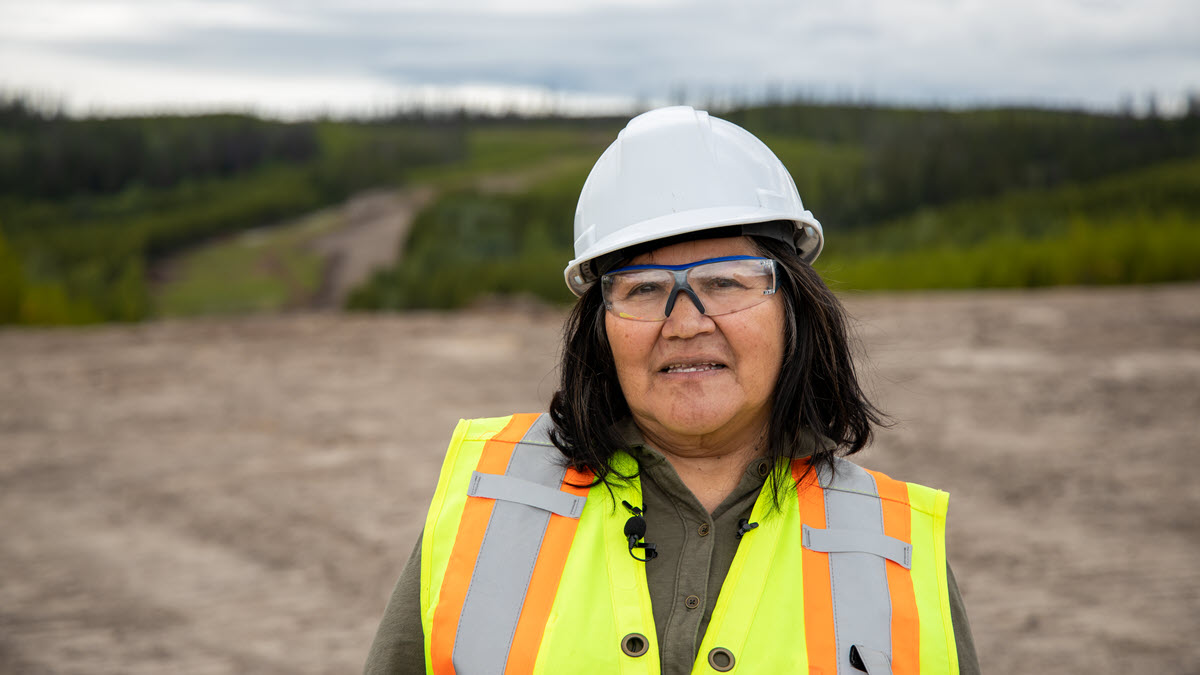
Our Extraordinary Legacy in action
Construction Monitoring and Community Liaison Program
Long before construction began, Coastal GasLink made collaboration and community feedback a priority. That feedback has helped improve the overall design of the project and drove the development of the programs put in place during construction and operation to protect Indigenous culture and values along with the environment, including the Construction Monitoring and Community Liaison (CMCL) Program. Members of all 20 First Nations communities along the project route are participating in the program, which provides opportunities for Indigenous members to participate in construction within their traditional territory for the purposes of observing, recording and reporting on the implementation of construction activities to their communities. Watch and read more about the CMCL program.
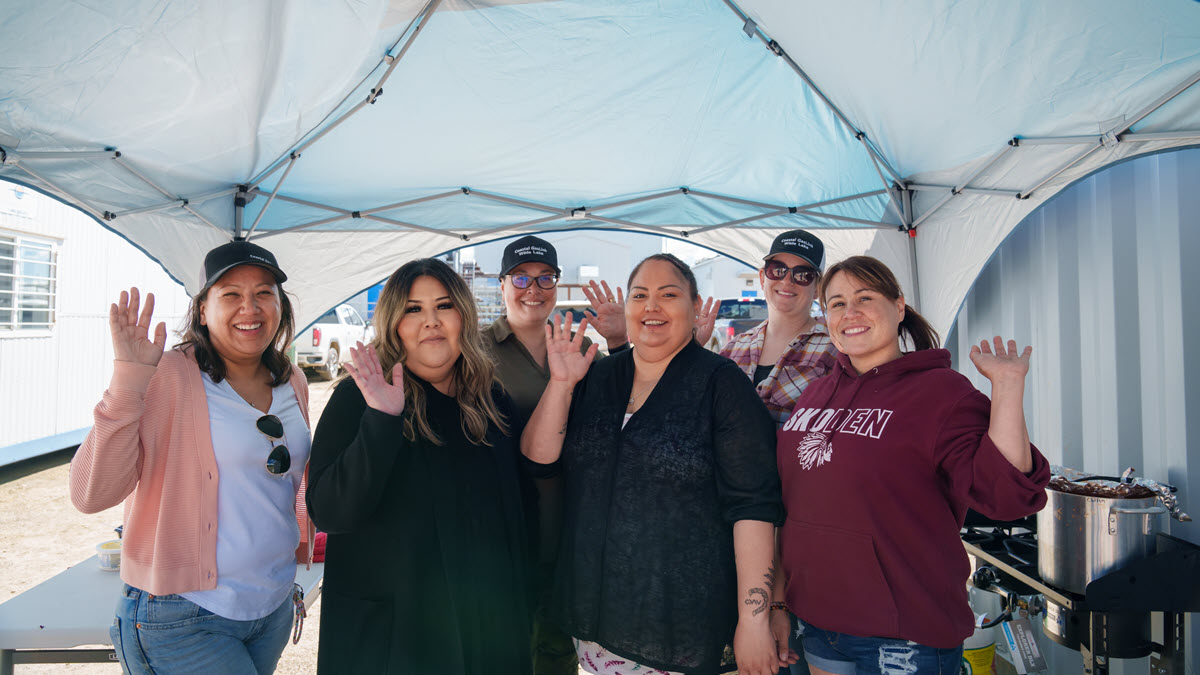
Community Workforce Accommodation Advisor Program
The Community Workforce Accommodation Advisor (CWAA) Program is a first-of-its-kind program which is helping foster inclusive workforce accommodations by promoting the rich cultures and traditions of Indigenous communities. Employing members from neighbouring Indigenous communities, the CWA Advisors implement creative ways for workers to develop a stronger understanding and relationship with the land and people around them. Program advisors are creating a space that encourages the workforce to learn more about the land and people in the communities in which Coastal GasLink operates.
Traditional land use agreements
We value the culture, lands and traditions of Indigenous groups and work closely with them from the start of the project, through the life of the pipeline. On the Coastal GasLink project, a significant part of their involvement means sharing traditional knowledge to reflect their community’s use of land, water and resources. This provides important information about what development on their traditional lands may mean to their traditional use of the land. Being aware of the locations of important sites and timing of activities helps us refine our project footprint and carefully plan the construction to avoid or reduce potential adverse effects on traditional land use.
Why are we excited about completing all 19 Traditional Land Use Study reports? Because each of these reports creates an opportunity for the community to share and validate information. With each one of these reports being validated by the Chief and Council and often the community before it’s shared with us, the process can take numerous hours of meetings, discussions, and revisions. The reports are then used to refine our project planning and support cultural awareness amongst our workers to promote respect for the land and the people.
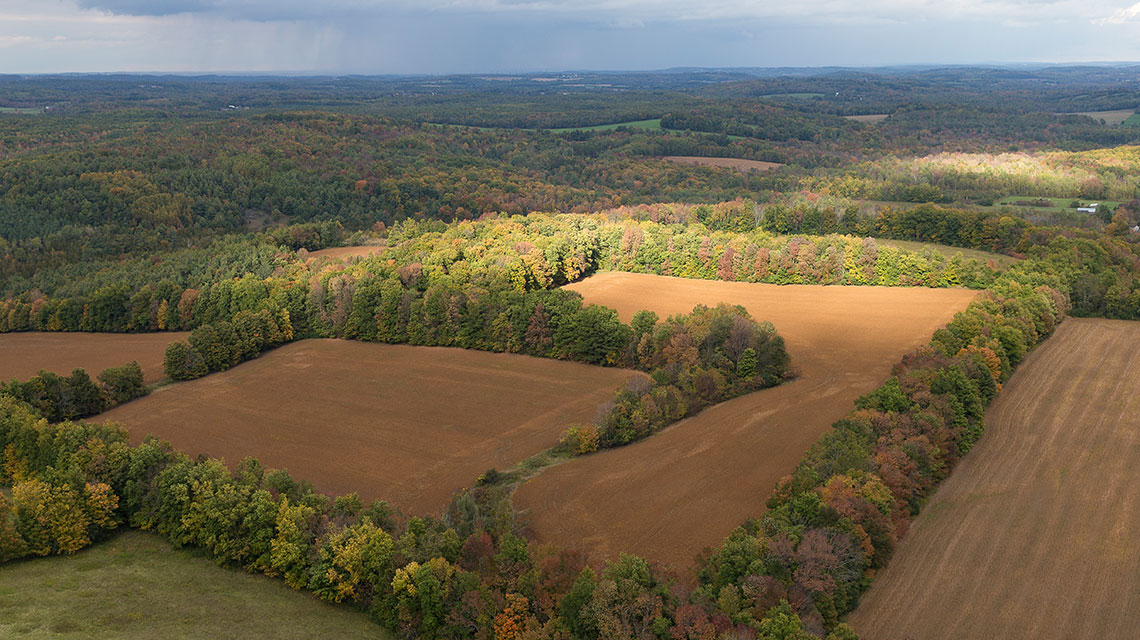
Quick fact
Property tax revenues from Coastal GasLink can help build things like schools, roads and hospitals.
Questions and answers
What does traditional land use (TLU) mean?
TLU refers to use of the land for traditional pursuits important to First Nations people that can include hunting, fishing, trapping, collection of plants including berries and herbal medicines and ceremonial practices.
How are TLU studies initiated?
TLU protocol agreements are signed with First Nations groups along the pipeline route prior to starting any TLU studies. The agreements are important and can include guidelines on sharing sensitive information, an outline of the study area and other details on how we are going to work together.
What’s the difference between engaging with First Nations groups (engagement) and TLU agreements?
Engagement is the transparent, open and ongoing dialogue to identify and discuss issues and concerns. TLU agreements are an important piece of growing our relationship with a First Nations community. They set the groundwork to complete the TLU Studies, which are done by the First Nations community and may include their chosen third party.
How do traditional land use reports differ from project agreements?
Both promote legacy. TLU study reports are a summary of how the land is used by the people, so we can ensure we understand and strive to protect the culture and land. Project Agreements outline benefits and commitments that will be provided to these communities for as long as the pipeline is in service.
How do TLU studies differ from field work?
Our environmental field work is completed by biologists and scientists trained in their particular disciplines, and offers opportunity for local First Nations community members to participate and to share traditional ecological knowledge (TEK). TLU Studies are conducted by First Nations groups (and their chosen third party), and may include oral information passed down from generation to generation through hands-on teaching and customs.
Why are TLU studies and resulting reports important for the project?
In addition to development planning, TLU Reports also support the survival of this valuable information for the community itself. With TLU being orally transmitted, much of it may be lost with the passing of elders. TLU Reports may help preserve this information for years to come.
Have more questions about indigenous engagement and consultation? View our FAQs
